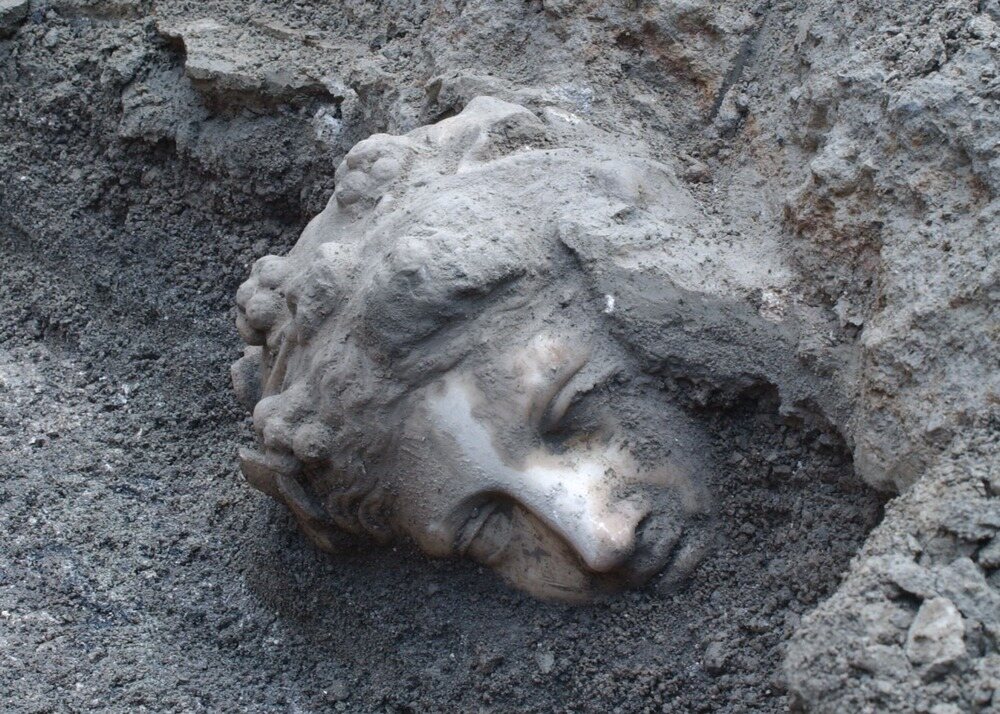On October 1, 2024, Florida implemented a contentious law prohibiting homeless individuals from sleeping or camping on public property. This legislation, House Bill 1365, marks a significant shift in the state’s approach to addressing homelessness, stirring debates among officials, advocates, and the public.
The Law’s Key Provisions
The new law bans sleeping and camping on streets, sidewalks, and in parks. It requires local governments to offer temporary housing to homeless individuals, where drug use is prohibited. Additionally, substance abuse and mental health treatment will be made available to those in need.
Governor Ron DeSantis, a Republican, defended the law while signing the bill, stating, ““Florida will not allow homeless encampments to intrude on its citizens or undermine their quality of life like we see in states like New York and California.”
Similar Posts
Enforcement and Legal Implications
Wayne A. Jones, the 21st Police Chief of the Miami Beach Police Department had previously said, “We don’t focus on arrests, like people are saying. We approach from a position of empathy.”
A notable aspect of the law is that it allows citizens to sue counties that fail to prevent public sleeping. However, there’s a three-month grace period before such lawsuits can be filed.
Challenges in Implementation
Many municipalities are grappling with the law’s requirements. The lack of resources and public support has made compliance difficult for some local governments.
Ron Book, chairman of the Miami-Dade Homeless Trust, outlined their efforts: “We can’t arrest our way out of homelessness. Let’s prioritize proven solutions like permanent supportive housing.”
Impact on the Homeless Population
Florida estimates it has about more than 31,000 homeless individuals. The law’s impact on this population is a matter of concern for many.
Rocky Haile says his recent eviction, paired with his low-salary construction job, makes finding a new place and making rent difficult, “Raised the price of living. What do you expect society to do? Everybody’s trying to live.”
Statistics and Context
Recent data indicates a worrying trend in homelessness rates. In Orange County, From 2022 to 2024, the unsheltered population increased by 37 percent., highlighting the growing scale of the issue in Central Florida.
Efforts to Address the Crisis
Local authorities are scrambling to create more housing options. Ron Book mentioned plans to move over 140 people into rental units at the La Quinta Hotel before December 31, 2024. He also stated, “We are building an 8-unit building in Overtown and 190 single-occupancy units for men near Krome. We’ve also identified 80 additional beds for another shelter in the next 30 days.”
Broward Sheriff Gregory Tony emphasized his opinion in a message, ”homelessness is not a crime, and the county jail system is not a solution to the homeless crisis. Telling residents that placing a homeless person in jail will allow them to receive mental health and substance abuse treatment is not reality-based or a feasible option.”
Legal Provisions for Counties
The law allows counties to designate public land for homeless individuals to sleep on, provided certain conditions are met. These include keeping the area clean and crime-free, and offering access to showers and mental health services.
For approval, counties must demonstrate insufficient beds in homeless shelters and prove that the camp won’t negatively impact nearby property values or safety.
Expert Opinions and Concerns
Social workers and homeless advocates argue that criminalizing homelessness doesn’t address root causes such as poverty, mental illness, and lack of affordable housing. Legal experts anticipate potential lawsuits against municipalities that fail to comply with the law’s requirements.
Comparison with Other States
Florida’s approach mirrors similar laws in states like Texas, where camping bans have been implemented. However, critics point to challenges faced in these states, including enforcement difficulties and legal challenges.
Historical Context
Florida has grappled with homelessness policies for decades. This law represents a shift from previous approaches that focused more on providing services rather than enforcing bans.
Human Interest Perspective
Olayemi Olurin, a criminal lawyer from New York, said “If you wanted to know HOW America criminalizes poverty and homelessness, look at Florida, where Ron DeSantis just signed a law banning homeless people from sleeping in public spaces while providing them no access to housing..”
Looking Ahead
As Florida embarks on this new approach to homelessness, questions remain about its effectiveness and humanitarian implications. Will it reduce visible homelessness and improve public spaces, or will it simply displace vulnerable populations without addressing underlying issues?
The coming months will be crucial in assessing the law’s impact. Local governments’ ability to provide adequate shelter and services will be tested, as will the state’s commitment to balancing public safety with the needs of its most vulnerable residents.
The new law represents a significant shift in policy, reminiscent of past attempts to address social issues through legislation. While the intent may be to improve public spaces and provide structured support for the homeless, the practical challenges of implementation and the potential for unintended consequences cannot be ignored.
The success of this law will ultimately depend on the resources allocated, the compassion with which it’s enforced, and the willingness of communities to address the complex roots of homelessness. As Florida navigates this new terrain, the eyes of the nation will be watching, learning, and perhaps reconsidering their own approaches to this enduring social challenge.


















